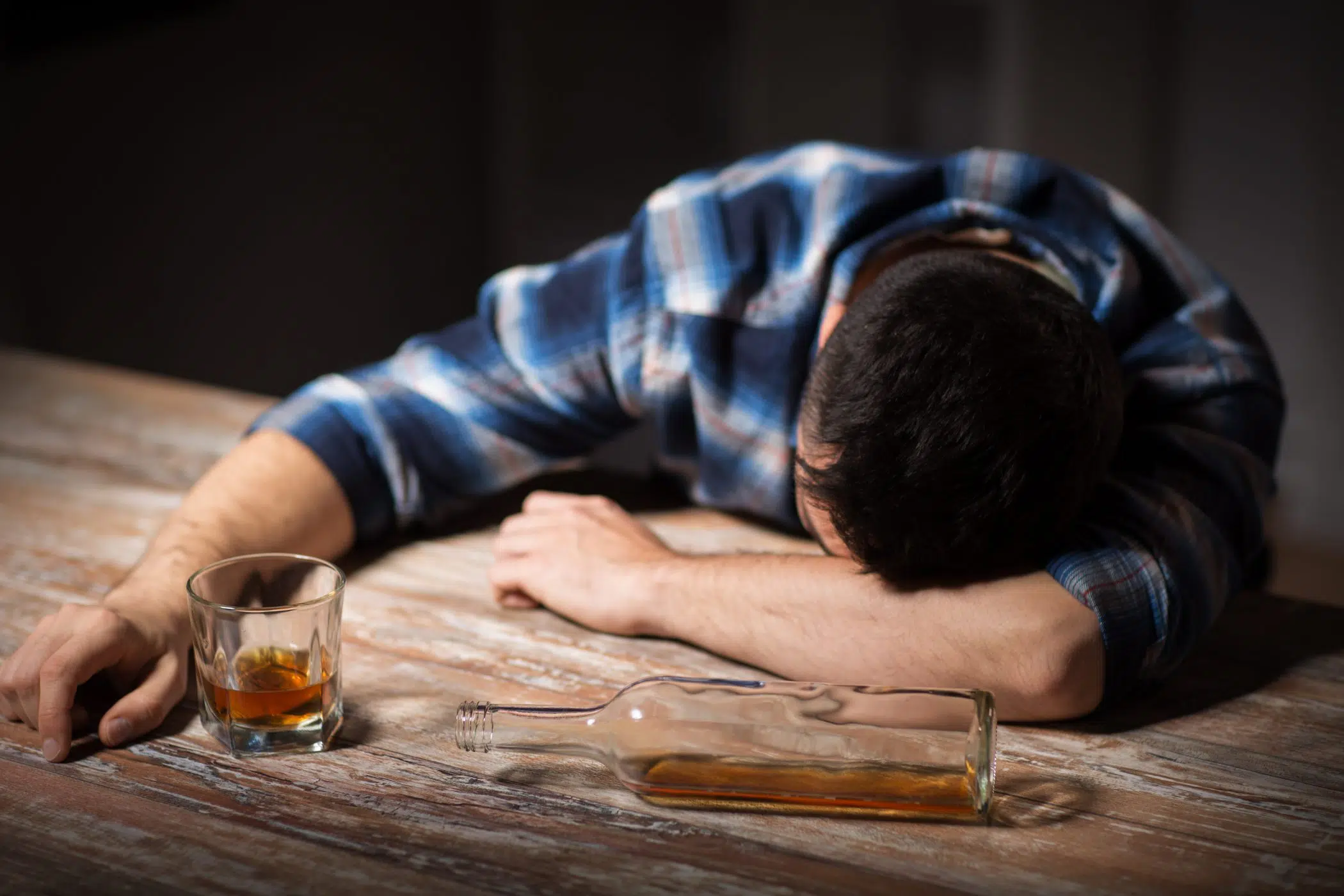Alcohol isn’t going to help you feel better if you’re depressed.
It may momentarily alleviate emotions of loneliness, worry, or melancholy, but this is not a long-term solution, and your depression will very certainly worsen.
The link between alcohol and depression is well-known, and the two disorders may exacerbate one another. Treatment for alcoholism can often alleviate depression. However, treating depression does not alleviate the problem of alcoholism.
You may be given a dual diagnosis of major depressive disorder and alcohol use disorder in some situations. Although this co-occurring disorder is not rare, it can be challenging to treat.
VSM provides an alcohol detox in Austin, and if you consult the experts there, you can identify if your depression has caused addiction or vice versa.
Impact Of Alcohol Addiction
Alcohol can make you feel euphoric and excited, making you feel instantaneously happier and more confident, but these feelings are just temporary. Alcohol is a sedative. Alcohol, like sedatives, is a substance that affects the function of the central nervous system and the brain.
The severity of the symptoms increases as you consume more alcohol.
You may suffer decreased inhibition, lack of judgment, confusion, and mood changes, among other things, depending on your level of drunkenness.
Alcohol, regardless of the drink of choice, is easily abused and frequently is, especially when taken to self-medicate.
Since alcohol serves as a sedative, pouring yourself a glass of wine or cracking a beer at the end of a long day may briefly soothe symptoms of despair. Still, it will just exasperate and intensify those sentiments.
These are some signs and symptoms that could indicate an alcohol consumption disorder, such as:
- Your drinking is causing problems at home, school, or work.
- You’ve stopped doing things that are meaningful to you.
- You’ve put yourself in potentially risky circumstances while drinking.
- You drank to achieve a specific result.
- You’ve had alcohol withdrawal symptoms.
- You’ve tried but failed to reduce your spending.
- On some occasions, you’ve drank more or longer than you meant.
- Even though you were depressed, anxious, or passed out, you continued to drink.
- You couldn’t think of anything else because you were desperate to drink.
Memory loss, hangovers, and blackouts are all short-term impacts. Stomach troubles, heart problems, cancer, brain damage, significant memory loss, and liver cirrhosis are long-term consequences of alcohol addiction. Heavy drinkers also have a higher risk of dying in car accidents, homicides, and suicide.
Impact Of Depression
Depression is a serious mood disease that affects one’s thoughts, feelings, and behaviors. An estimated 17.3 million adults in the United States have experienced at least one major depressive episode.
Some frequent signs and symptoms of depression include:
- Feeling gloomy, empty, or hopeless.
- Losing interest in previously enjoyed activities.
- Seeing a major change in weight or appetite.
- Having difficulties sleeping, feeling tired, or sleeping excessively.
- Suicidal thoughts or thoughts of death.
- Having trouble concentrating.
Major depressive illness is characterized by persistent and long-lasting symptoms, however, depression can take various forms.
In the event of a substance-induced disorder, depression can be produced directly by alcohol.
Though many people suffer from depression, it typically goes undiagnosed and untreated. You don’t have to fight depression alone, and turning to drinking to feel better can just make things worse.
Make an appointment with a mental health expert to discuss depression therapy and methods.
Alcohol is freely available and socially accepted in our society. Because we take an antidepressant to counteract a biological depression, which simply makes it worse, depression and alcohol abuse are frequently linked.
Alcohol Use Disorder And Depression
Although alcohol is a socially acceptable drug, it is nevertheless a substance. Both alcohol abuse and dependence are classified as alcohol use disorders, but studies show that alcohol dependence is more closely linked to the persistence of depressive disorders.
Consistent and excessive drinking can raise your chances of having a serious depressive condition.
It can also exacerbate the symptoms of pre-existing depression, putting your physical and mental health at risk.
When it comes to substances like alcohol, people who have been diagnosed with clinical depression should be exceedingly cautious. Combining antidepressants with alcohol can impair their effectiveness.
The Centers for Disease Control and Prevention discovered that nine out of ten adult binge drinkers don’t have a serious alcohol use disorder, but it doesn’t imply they don’t have a problem with alcohol. Drinking to cope with depression is dangerous, regardless of whether you have an alcohol use disorder.
Depending on the combination of symptoms you’re experiencing, alcohol use disorders can be mild, moderate, or severe, although drinking problems can persist even if you don’t have a professional diagnosis.
Whether or not you’re depressed, it’s critical to assess your drinking habits and analyze why you drink, when you drink, and how you feel afterward.
Some specialists believe that because depression and alcoholism are both neuroinflammatory illnesses, they may share underlying pathogenesis. Because of this link, both should be treated with a diet that improves gut function and reduces endotoxin load, which leads to neuroinflammation.
One suggestion would be to eat a Mediterranean diet high in omega-3 fatty acids. Including different types of exercises like EMS training or HIIT training in your daily routine could also be a cure to this problem.
Final Decision
While some studies suggest that little amounts of alcohol may have cardiovascular benefits, most experts concur that heavy drinking can cause health concerns.
Despite the fact that men are far more prone than women to develop alcoholism, even at lower levels of consumption, women’s health suffers more.
Problems with alcohol have a bad impact on mental health as well. Alcohol consumption and addiction can exacerbate pre-existing diseases like depression or cause new ones like severe memory loss, depression, and anxiety.
Hence, it can be concluded that depression is not the only reason behind alcohol addiction, but it is indeed one of the reasons. Furthermore, even if people don’t start drinking alcohol because they are depressed, they develop this condition after drinking, which means they are interlinked.
So, if you have any of these, consult a doctor right away.
Also Read: Are Pre-Workouts Worth It?



















